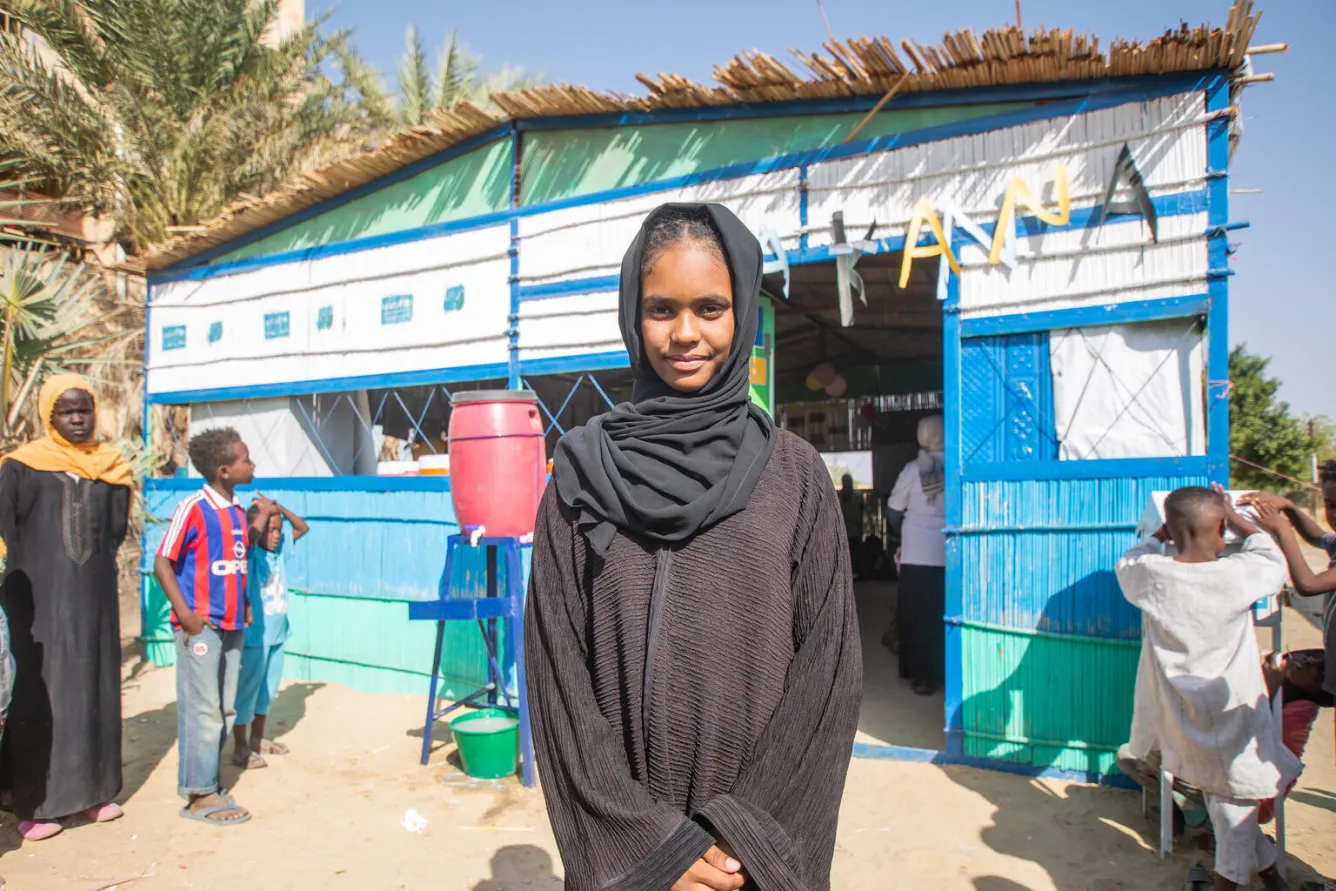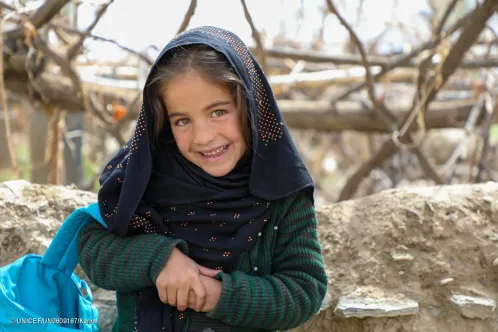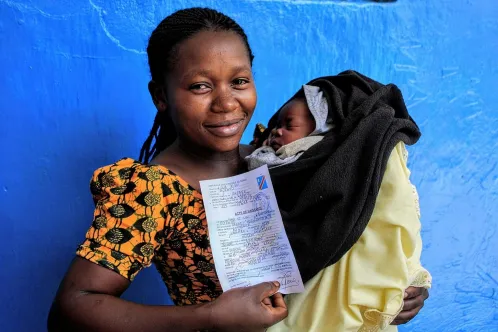We are protecting children on the move
Millions of children are on the move. Some are driven from their homes by conflict, poverty or climate change. Others leave in the hope of finding a better life. But far too many children face danger, detention and discrimination on their journeys, at their destination or when they return.
UNICEF is working to protect the rights and dignity of migrant and displaced children. We ensure they have the health, education and protection services they need regardless of where they come from.
The challenges facing migrant and displaced children
Migrant and displaced children face a lot of challenges as they travel, when they reach their destination and upon their return. They often have no way to safely move on their own or with their families. Along the way, they may be forced into child labour, pressed into early marriage or fall prey to human trafficking. They can miss out on education and proper healthcare. They may struggle with fitting in with the communities they arrive in. They may have trouble learning a new language.
These difficulties can have lasting physical and psychological effects on children on the move, preventing them from reaching their full potential.
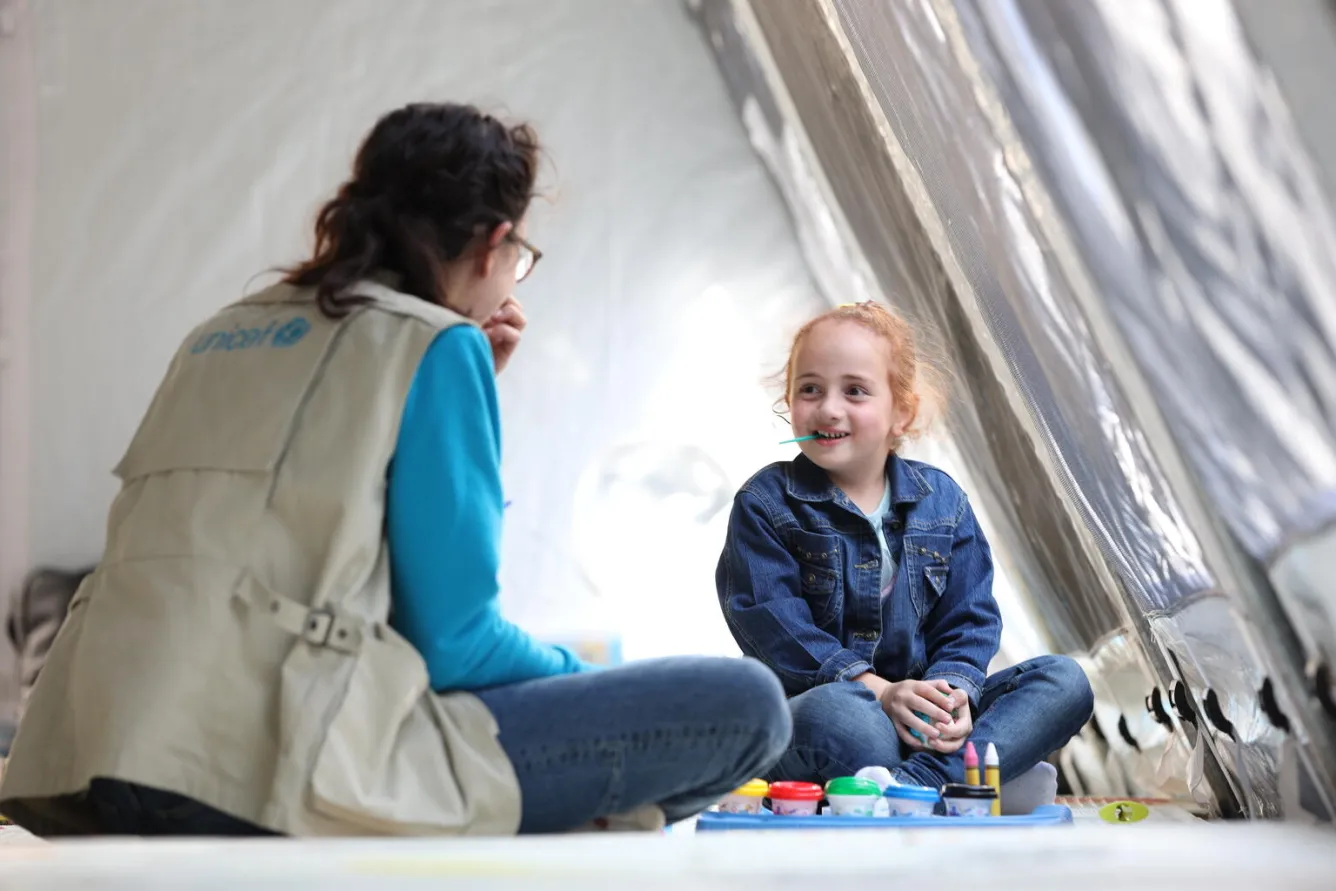
UNICEF’s work to protect children on the move
A child is a child, no matter why they leave home, where they come from, where they are, or how they got there. They should be safe from violence and be able to grow up with their families. UNICEF is working to ensure the rights of migrant and displaced children around the world are protected.
• We provide life-saving humanitarian supplies in refugee camps
• We run child-friendly spaces where children on the move can play, learn and be children
• We support national and local governments to put in place laws, policies, systems and services that are inclusive of all children
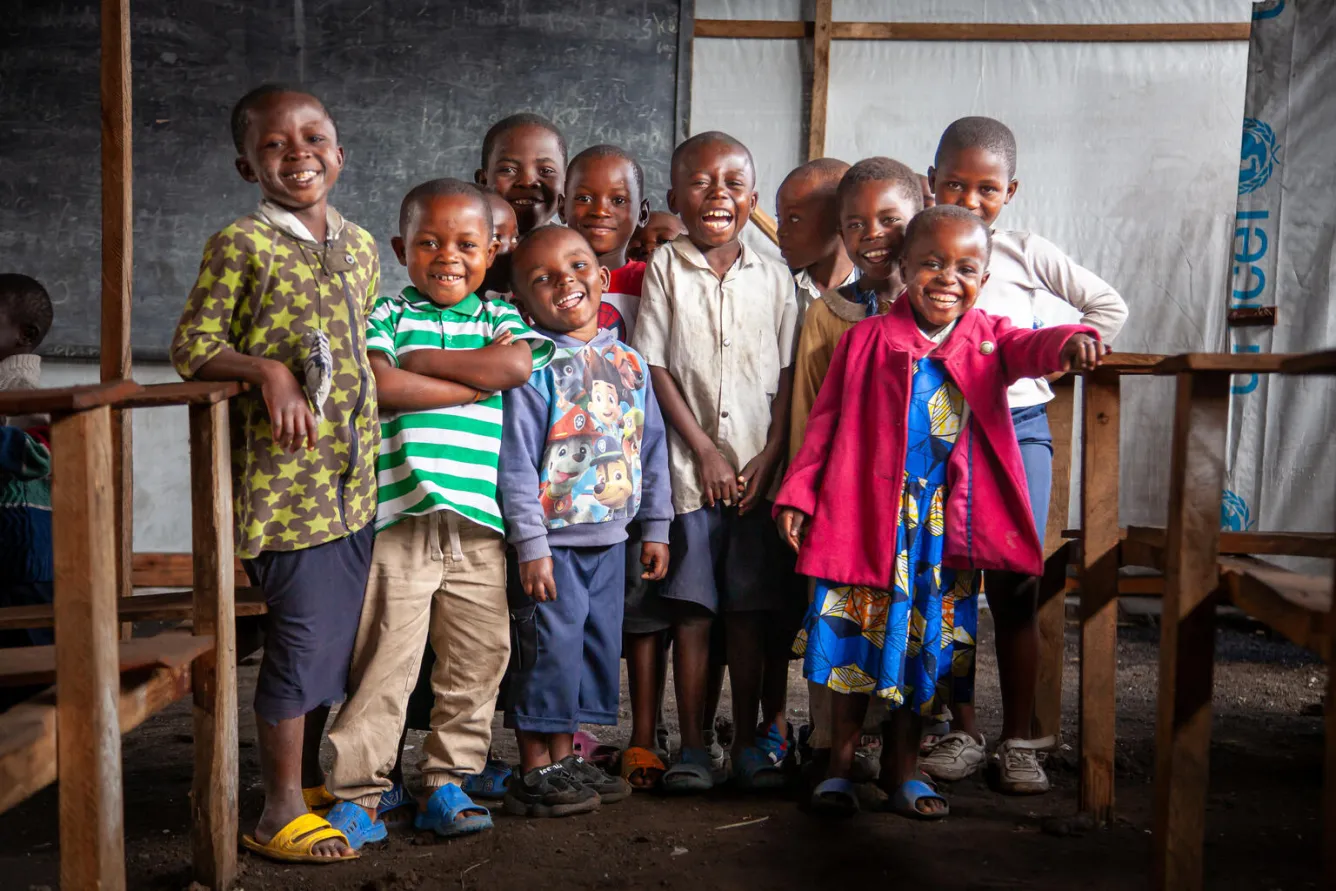
Helping migrant children integrate in Colombia
In Latin America and the Caribbean, millions of children and their families have left their schools, friends and communities across the region. They are fleeing violence, poverty, the collapse of essential services, xenophobia or the consequences of climate change.
Colombia has the largest population of refugees and migrants from Venezuela – almost three million. They face many challenges including violence, life in the streets, and great difficulties accessing basic social protection services such as education and healthcare.
UNICEF is working in Colombia to create safe spaces that help migrant children integrate into their host communities. These safe spaces are meant to allow children to take part in activities catered to their interests to help them feel like they belong.
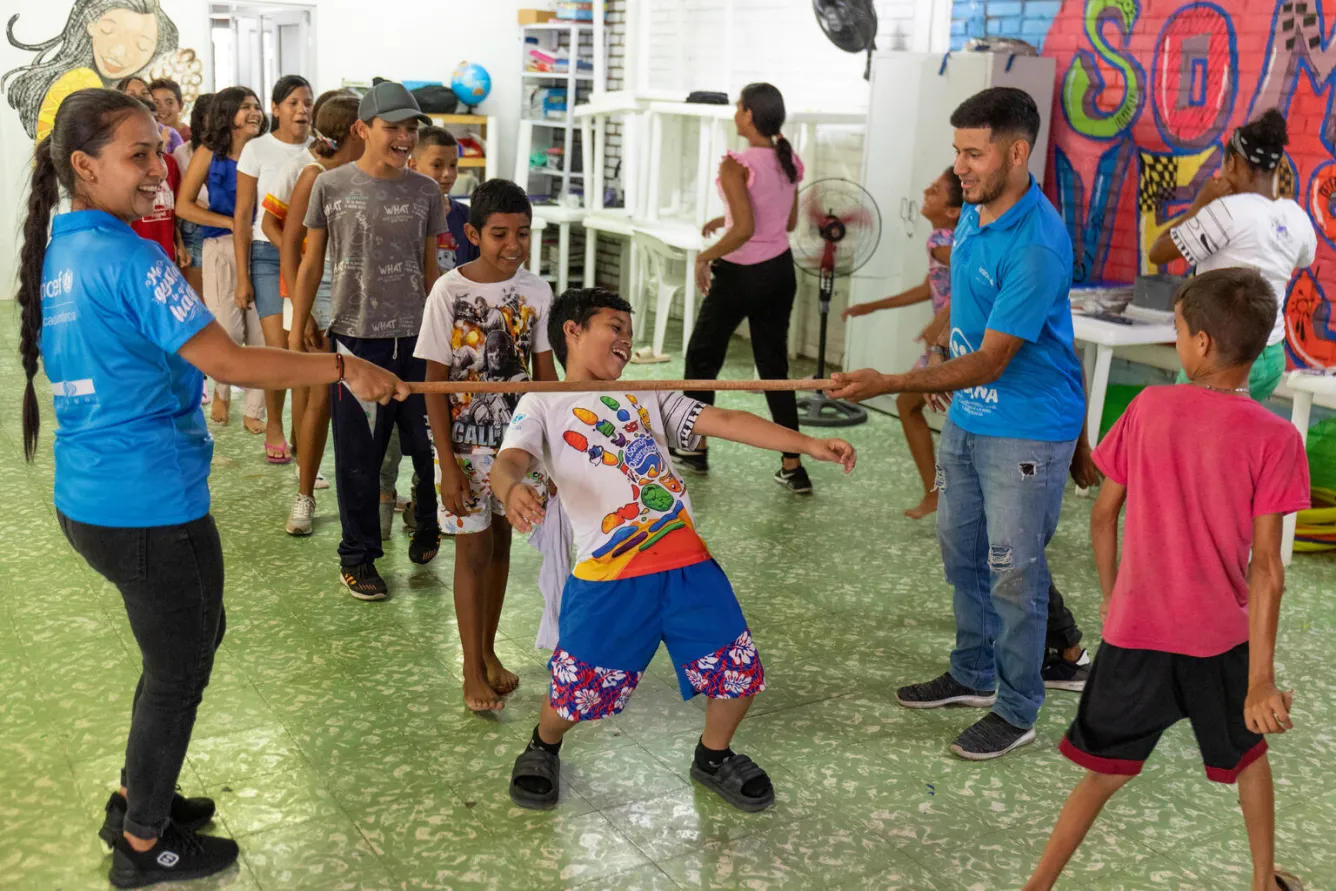
A place to heal for displaced children in Sudan
Sudan is enduring one of the worst conflicts in the world. Since the start of the conflict, 3.5 million children have been displaced. Their lives, education and protection have been disrupted.
Fourteen-year-old Shaimaa and her family fled from Khartoum when the war broke out and have sought safety in Kosti, White Nile state. Every day, she and hundreds of children use the UNICEF-established Makanna or safe space at El Goz gathering point.
The Makanna allows children like Shaimaa to attend lessons, play games and overcome their trauma. In this safe space, children can learn, heal, play and recover. They can also access essential water, health and protection services.
